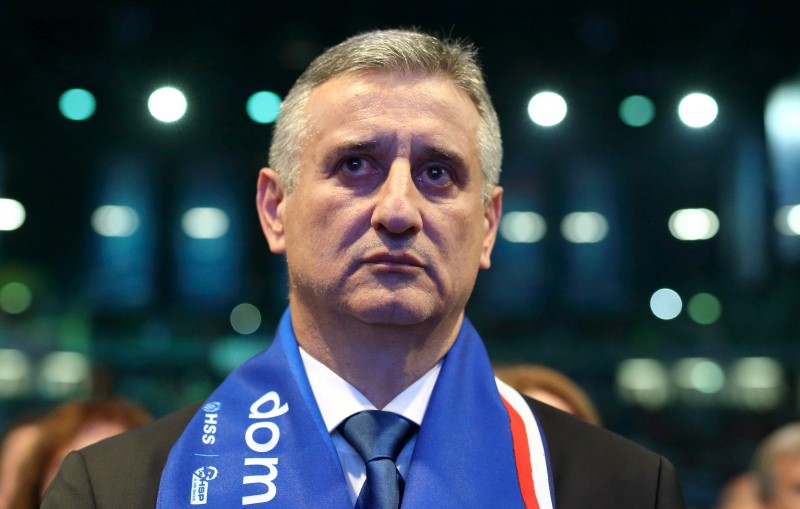BELGRADE (Reuters) - Croatia's ruling conservative HDZ party chose former diplomat Andrej Plenkovic as its new leader ahead of a snap election in September, hoping to stay in power despite a fall in support driven by graft allegations and slow economic recovery.
The soft-spoken Plenkovic, 46, is a member of the European Parliament and an economic liberal who led Croatia's accession negotiations with the European Union, which the Balkan country joined in 2013.
He will have a difficult task to improve the party's image ahead of the Sept. 11 vote, after his predecessor Tomislav Karamarko resigned amid allegations of a conflict of interest case that involved his wife's business. He denied any wrongdoing.
Political instability has hampered reforms needed to fix the budget, reduce public debt that has reached 86 percent of GDP, improve the investment climate and spur growth, which only returned last year after a six-year recession.
The party's image has also been hit by media reports questioning the transparency of the party's financial deals with several companies.
A poll released in June showed the opposition Social Democrats held a 10 percent lead over the HDZ. The party said it did not break the law, but Plenkovic promised he would pursue a course for more transparency.
"Croatia needs a new approach, a modern political platform and a strategic u-turn," Plenkovic said after being elected by the party.
The rating agency Standard & Poor's rates Croatia BB, below investment grade, and has a negative outlook on its debt.[L8N19D2YV]
No party is expected to win an outright majority in the election.
"Plenkovic is a choice of necessity for HDZ if they want to prevent a further decline," political analyst Zarko Puhovski told Reuters.
He also makes the party a much more acceptable coalition partner to Most, which is likely to have the role of kingmaker after the vote, Puhovski told Reuters.
HDZ, which steered Croatia to independence from Serb-dominated Yugoslavia in 1991, won the most votes in the last election in 2015, and formed a fragile coalition government with the reformist Most party, led by non-partisan Prime Minister Tihomir Oreskovic.
HDZ itself triggered a no-confidence vote last month after Karamarko's resignation, pulling the cabinet down after just five months in power.

It failed to find support to form a new cabinet, prompting parliament to vote to dissolve itself on June 20.